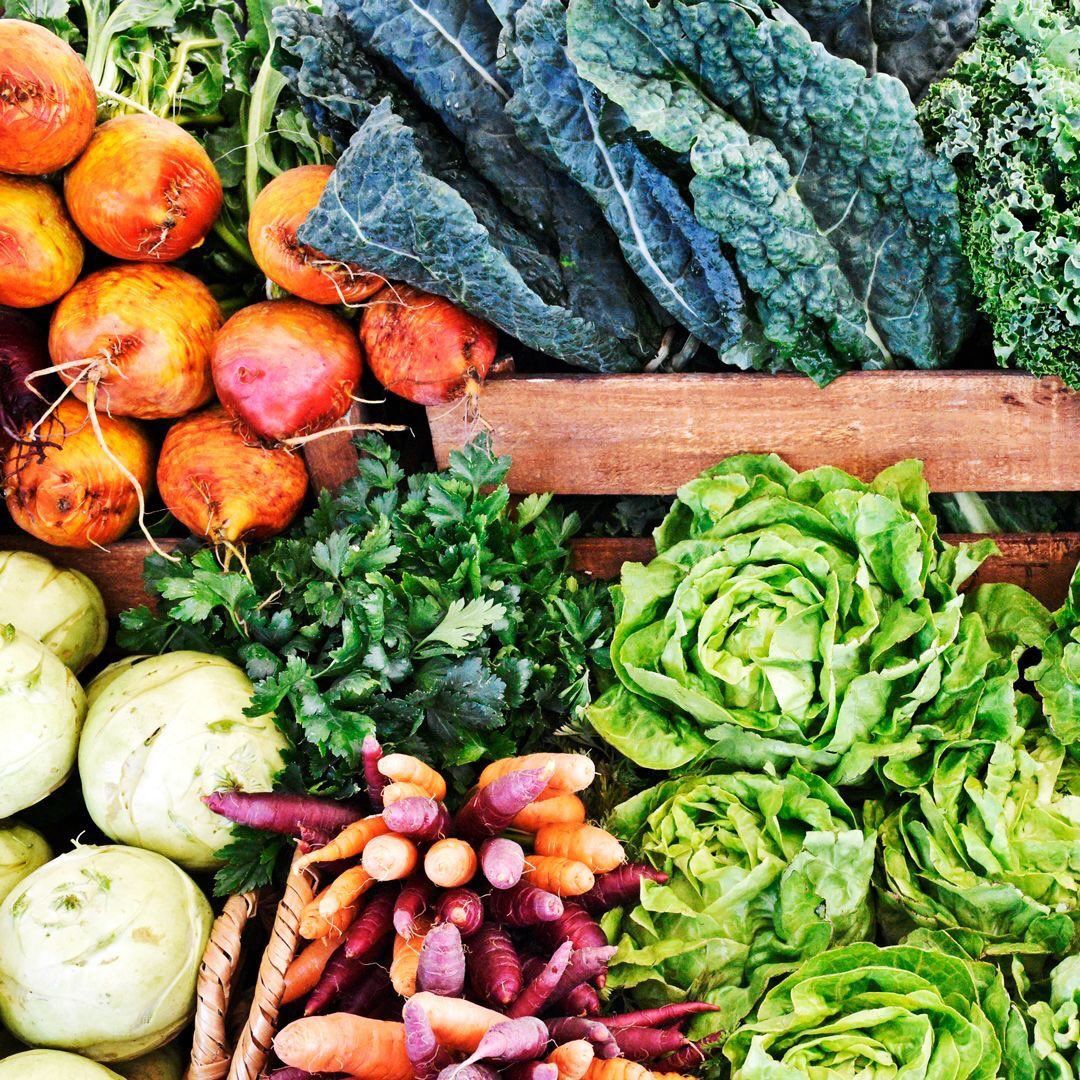Nigeria, a nation rich in culture and tradition, faces a silent but deadly crisis: modern eating habits.
The shift from traditional, wholesome diets to processed, sugar-laden, and fast-food-dominated meals has created a health catastrophe.
Diseases like diabetes, hypertension, heart disease, and obesity are skyrocketing, leading to premature deaths.
What was once a society nourished by natural, home-cooked meals has now fallen victim to the convenience and addiction of unhealthy modern diets.
This article explores how Nigeria’s current eating habits have become a deadly calamity, the contributing factors, and the urgent need for change.
EATING HABITS: The Shift from Traditional to Modern Diets
Historically, Nigerian diets were rooted in natural, locally sourced ingredients.
Meals were rich in fiber, vitamins, and minerals, with staples like yams, beans, vegetables, and lean proteins.
Traditional cooking methods—boiling, steaming, and roasting—preserved nutrients without excessive oil or artificial additives.
ALSO READ: 15 of the Most Remarkable Family-Owned Businesses In History
However, globalization, urbanization, and aggressive marketing by multinational food corporations have drastically altered eating patterns.
The modern Nigerian diet now includes:
– Processed and Fast Foods: Burgers, fried chicken, instant noodles, and canned foods loaded with preservatives.
– Sugar Overload: Soft drinks, sugary snacks, and refined carbohydrates like white bread and pastries.
– Excessive Oil and Salt; Deep-fried foods, processed seasonings, and high-sodium snacks. This dietary shift has dire consequences, as Nigeria now battles an epidemic of non-communicable diseases (NCDs) linked to poor nutrition.
The Health Consequences: A Rising Death Toll
1. Obesity and Metabolic Disorders.
Nigeria’s obesity rates are climbing, especially in urban areas. The World Health Organization (WHO) reports that over 20% of Nigerian adults are overweight or obese. Processed foods high in trans fats and sugars disrupt metabolism, leading to insulin resistance, type 2 diabetes, and fatty liver disease.
2. Hypertension and Heart Disease.
Excessive salt intake from processed foods, bouillon cubes, and fast food is a major contributor to hypertension.
The Nigerian Heart Foundation states that 1 in 3 Nigerian adults has high blood pressure, a leading cause of strokes and heart attacks.
3. Diabetes Epidemic.
Nigeria has the highest number of diabetes cases in Africa, with over 5 million sufferers. Refined sugars in sodas, pastries, and even seemingly “healthy” packaged juices spike blood glucose levels, accelerating diabetes-related complications like kidney failure and amputations.
4. Increased Cancer Risks.
Processed meats (like sausages and canned corned beef), chemically preserved foods, and deep-fried meals contain carcinogens. Studies link these to rising cases of colorectal, breast, and prostate cancers in Nigeria.
5. Weakened Immune Systems.
Junk food lacks essential nutrients, weakening immunity. Many Nigerians now suffer from frequent illnesses, slow wound healing, and increased susceptibility to infections; problems rarely seen in past generations nourished by whole foods.
Why Are Nigerians Eating Themselves to Death?
Several factors drive this deadly shift in eating habits:
1. Urbanization and Busy Lifestyles.
As more Nigerians move to cities, time-consuming traditional cooking is replaced by quick, unhealthy options. Fast food chains and instant noodles thrive because they cater to the “rush hour” culture.
2. Aggressive Marketing of Junk Food.
Multinational companies bombard Nigerians with ads promoting sugary cereals, soft drinks, and processed snacks as “modern” and “prestigious.” Many parents now feed their children these products, unaware of the long-term damage.
3. Misguided Perceptions of “Class”.
Ironically, unhealthy imported foods are often seen as status symbols, while local, nutritious options are wrongly labeled as “poor man’s food.”
4. Lack of Nutritional Education.
Many Nigerians are unaware of the dangers of excessive sugar, salt, and processed oils. Public health campaigns on nutrition are scarce, leaving people vulnerable to misinformation.
5. Government and Policy Failures.
Unlike some countries that regulate harmful food additives, Nigeria lacks strict policies on food labeling, trans fats, and sugar content. The unchecked influx of unhealthy imported foods worsens the crisis.
The Way Forward: Reclaiming Nigeria’s Health.
To reverse this deadly trend, urgent actions are needed, which include;
1. Return to Traditional Diets
Nigerians must embrace locally grown foods, whole grains, vegetables, fruits, and lean proteins. Traditional soups (like egusi, ogbono, and vegetable soups) and balanced meals should replace processed alternatives.
2. Public Health Campaigns on Nutrition.
Government and NGOs must educate citizens on the dangers of junk food and the benefits of natural diets. Schools should teach children healthy eating habits early.
3. Regulation of Processed Foods
Nigeria’s food regulatory agencies (NAFDAC, SON) must enforce stricter labeling, limit harmful additives, and ban misleading advertisements targeting children.
4. Promoting Healthy Fast Food Alternatives.
Entrepreneurs should invest in healthy fast-food options, grilled instead of fried, whole wheat over refined flour, and natural sweeteners instead of sugar.
5. Personal Responsibility
Every Nigerian must take charge of their health by reading food labels, reducing sugar and salt intake, and cooking meals at home whenever possible.
In conclusion, Nigeria’s modern eating habits are a ticking time bomb. The rise in preventable diseases and premature deaths is a direct result of poor dietary choices. If nothing changes, the healthcare system will collapse under the weight of diabetes, heart disease, and cancer cases.
The solution lies in a collective return to natural, nutrient-rich foods and rejecting the deadly allure of processed junk. The time to act is now, before this silent calamity claims more lives.
Nigeria’s future health depends on the choices we make today.
Will you change your diet, or will you become another statistic?
